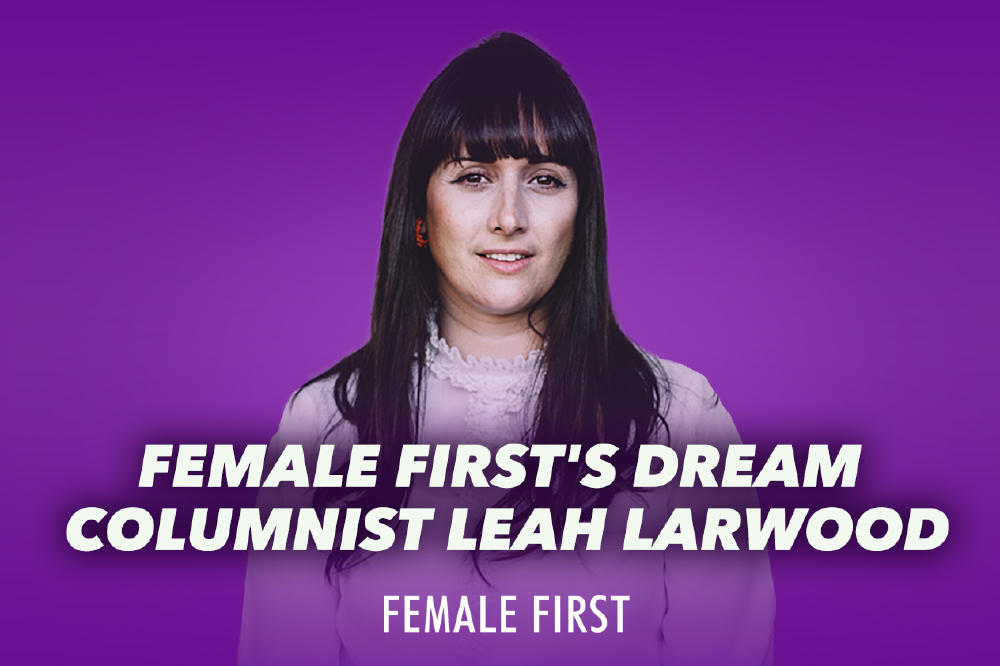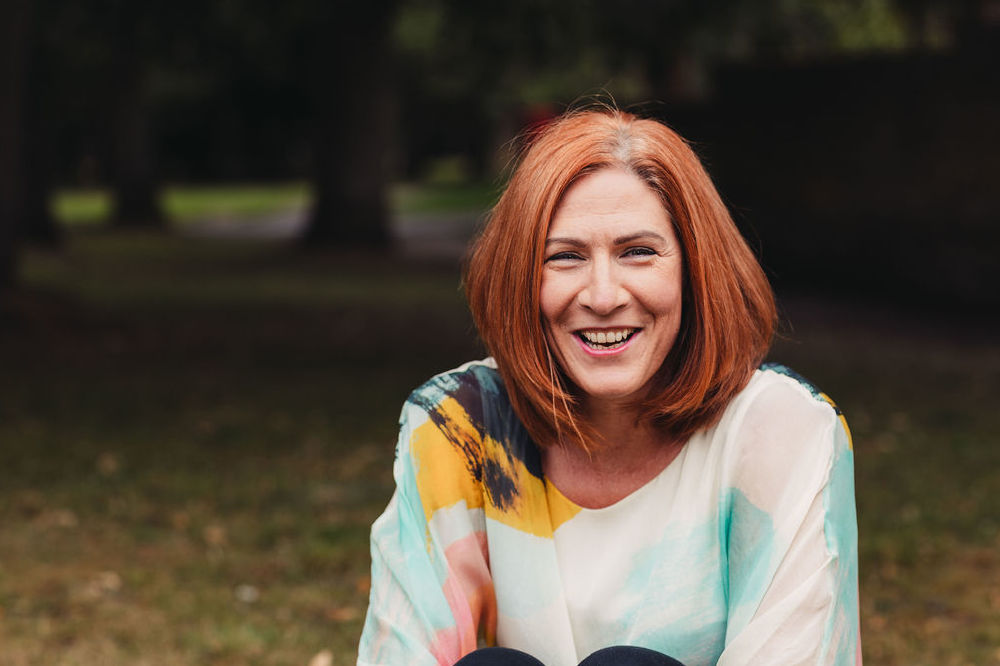By Leah Larwood
Good sleep is essential for both our body and mind. However, sometimes life throws sleep curve balls our way, and when this happens, it can feel as though we’ve forgotten how to do one of the most natural things in the world.

Leah Larwood
Luckily, we all know how to fall asleep deep down, it’s a natural process, it’s just sometimes we need a little help to get back on track. Hypnotherapy is one helpful way to make sleep easier. It’s basically a helping hand for good sleep. It can often take you into what feels like a deep sleep meditation, and it’s super relaxing.
Hazel Gale is the resident Cognitive Hypnotherapist for Clementine app, a women’s hypnotherapy app with a mission to reduce stress, build the confidence and improve sleep of millions of women. She said, “My first ever experience of hypnotherapy was with a session designed for sleep some fifteen years ago. At that time, I was competing as a boxer. Racing thoughts about upcoming contests could keep me awake for hours, making quality sleep (the one thing I wanted more than anything else) really hard to come by. That is, until I started listening to hypnotherapy recordings last thing at night. The sessions I used back then were really simple; they taught me how to relax my body and calm my mind. But the change this made to my wellness and performance was no small thing.”
“The Deep Sleep sessions we’re producing at the app help women to make a similar difference to their lives. But our aim is much bigger than simply getting people to sleep; we want them to feel calmer, more confident and capable during the waking hours of the day, too. So, in addition to guidance for letting go of stress and tension, we also weave positive hypnotic suggestions into the recordings. These come in many forms, such as snippets of helpful stories, creative visualisations and intriguing questions, which help you to rewire your unconscious mind for a healthier, more self-affirming perspective on life.”
Hypnosis is a natural state we all experience throughout the course of the day; it’s when we’re in a relaxed state, which is when our mind is more open and receptive to change. So hypnotherapy is really just a fancy term for changing our mindset during a relaxed state. It’s about being taken into a deep-enough hypnotic state of relaxation, with the help of an in-person therapist or a recorded session, who then passes on helpful messages to your subconscious mind that will affect positive change.
You see, the subconscious mind likes to please us, and it is there to help us, so if you can connect with it, which is easier than you might think, you are sitting on a goldmine of opportunity, just waiting to be untapped. Here are just a few reasons why using hypnotherapy to improve your sleep is such an effective approach.
Here are 7 other reasons why hypnotherapy can help with your sleep:
#1 Hypnotherapy reteaches us to relax: One of the most important ingredients for falling asleep and staying asleep is to have a relaxed body and a relaxed mind. Hypnotherapy is like a guided meditation, and the process involves being taken into a relaxed state. Perfect for easing into sleep! Plus, getting your mind and body into a relaxed state and feeling supported is an effective way to work towards achieving a better sleep-wake cycle.
Hypnotherapy helps with sleep by interrupting the disturbing mental chatter that often occurs when we try to go to sleep. Through listening to a recording, you're listening to another conversation, meaning that you're not giving your mind the opportunity to go off on those disruptive spirals.
#2 There’s always an added bonus: A good sleep hypnotherapist will also weave in other helpful suggestions that help you to overcome some of the possible related causes of your sleep issues such as stress, anxiety or confidence. So a hypnotherapy session for sleep can achieve more than one goal! It can leave you feeling calmer during the waking hours too.
#3 Promotes better sleep hygiene: Understanding what makes a good bedtime routine is an important factor in falling asleep as well as maintaining a healthy mind and body in general. Sleep hypnosis is great for getting a good night sleep and increasing sleep quality and can also help to promote good sleep hygiene. Sleep hygiene includes both your sleeping environment and habits, and it can pave the way for higher-quality sleep, and just better general health. Sleep hypnotherapy encourages and reinforces these good habits.
#4 It’s a pattern breaker: Hypnotherapy is excellent for breaking old patterns and encouraging healthy brain function. While we sleep, our brain strengthens our memories and reorganises them. Sleep also has an impact on our ability to use language, sustain attention, understand what we are reading, and summarise what we are hearing. If we don’t get enough good sleep, it can impact our day-to-day performance, relationships and mood. Hypnotherapy can help us break patterns of poor sleep and replace with better patterns, making sleep more of a natural occurrence.
#5 Repetition can reinforce behaviour: For some more than others, repetition of hypnotherapy can be really helpful. The great thing about using a hypnotherapy recording or hypnotherapy app is that you can re-listen to your session again and again before bed, and that repetition can really reinforce the behaviour. Over a relatively short time this allows you to build up a better sleep routine, which has been proven to work and make a massive difference to overall health.
#6 Encourages me-time: Listening to a hypnotherapy for sleep session before bed, offers a little pocket of time that’s all yours. It’s your time to pop your headphones on or simply stream your session via your bedside table, while you luxuriate in this time set aside for you. It’s like having someone scoop you up and cradle you. Your very own bedside therapist.
#7 It’s a breeze: Unlike approaches such as mindfulness, hypnotherapy for sleep is something you can see results in quickly, and it’s very easy to do. In fact, you don’t need to do anything, you can just lie back and allow yourself to be guided through the process. And don’t worry if you fall asleep during hypnosis, many experts agree that the hypnotic suggestions will still work, and well, let’s face it, if you’ve fallen asleep during a sleep session at bedtime, then it’s worked wonders.
Plus, if you do start to fall asleep during a recording, you don't give yourself a chance to get panicked and go into fight or flight mode, which would stop you from sleeping. The relaxation elements of the session also mean that you are more likely to have improved quality of sleep by becoming more relaxed before you sleep, thus encouraging deeper sleep.

About Clementine
Clementine app’s sleep sessions use a range of different relaxation tools, such as progressive relaxation, guided visualisation, guided breathing and hypnotic suggestions for calming the body and mind. https://clementineapp.com/
RELATED: Seven ways to get a good night's sleep by sleep coach Tracy Hannigan
Create the right relationship with your bed. Before sleeping troubles set in, the bed is associated with sleep and sleepiness. After sleeping troubles set in, people lay in bed awake 'hoping for sleep', going to bed early, sleeping in, and tossing and turning. The bed then becomes associated with wakefulness, worry and frustration. Reverse this by only being in bed when you are sleeping...

Tagged in Sleep

